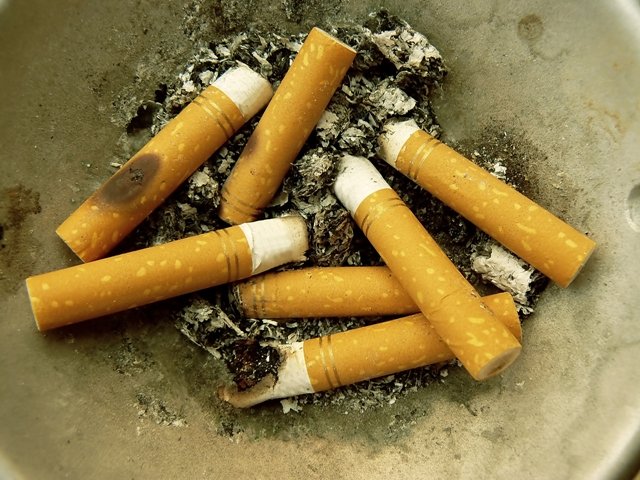
Local leaders and city officials are moving forward with a plan to ensure any access minors may have to tobacco products behind the counter is cut off.
In light of a recent study conducted by the federal government, nearly 90 percent of adult smokers nationwide tried their first cigarette before turning 18. A group called South County United for Health, currently involved in the community transformation grant (CTG) process with city officials, are hoping to prevent minors from buying a pack of smokes from a store through a citywide ordinance that would support sting operations to ensure underage youth cannot buy tobacco.
More than 100 California cities have adopted a tobacco retailer license (TRL) that requires vendors to pay a fee that would directly support local sting operations.
“The TRL has been proven to be effective in many communities,” said Angelina Aguirre, CTG leadership team coordinator and an independent consultant for Santa Clara County Public Health. “Most importantly, a TRL brings down the youth sales rate.”
In Berkeley, for example, city officials had a youth sales rate of 38 percent prior to adoption of a TRL. The rate dropped to 4.2 percent after the program went into effect. Four months ago, the city of Morgan Hill adopted what Aguirre calls a “strong TRL.”
According to proponents, a tobacco retailer license would give police the ability to suspend or revoke a vendor’s license if caught selling tobacco to minors—something city officials currently do not have.
“The current sanctions for selling cigarettes lies entirely with the clerk,” said Erin O’Brien, co-chair of the CTG leadership team and CEO of Community Solutions. “The way I see it, that’s somewhat problematic because the storeowner is not invested in assuring this doesn’t happen.”
The Gilroy Police Department and Public Health conducted a sting operation Aug. 29 to check whether local retailers would sell tobacco to minors without verifying their ages. Of the 26 businesses checked—23 or 88 percent—refused to sell tobacco to minors, while three retailers sold to underage decoys, police said.
“There isn’t any requirement in terms of the training store owners need to give their staff,” O’Brien said. “The storeowner may not have set any policy saying ‘card everyone who looks younger than 27.’”
On the other hand, alcohol retailers can lose their liquor licenses if they repeatedly sell to minors. But that’s not the case with tobacco. According to Aguirre, local governments can create the ability to suspend or revoke a vendor’s license through a TRL.
Tobacco retail license fees across California vary between $50 and $450, and that’s small change for convenience stores, Aguirre said.
“Cigarettes are the No. 1 most profitable product,” she added, noting that the nationwide average of cigarette sales for convenience stores was more than $622,000 in 2012.
City staff members and those with the CTG leadership team are currently discussing a citywide ordinance that would charge tobacco retailers an annual fee. Though it was met with resistance from a majority of the council when introduced in June, Councilman and Kaiser Permanente physician Peter Arellano was outspoken in his support.
The potential ordinance is scheduled for council discussion in October.













